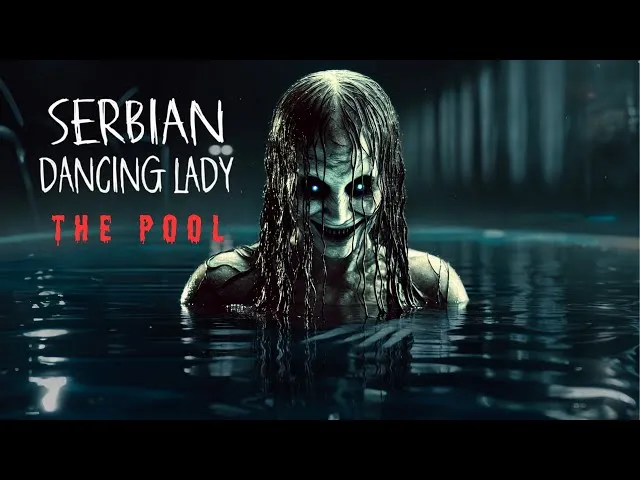Redbad (2018): A Sweeping Epic of Rebellion, Belief, and Identity
Redbad is a 2018 Dutch historical action-drama directed by Roel Reiné, offering an ambitious retelling of the legendary story of Redbad, a pagan Frisian prince who fought against the rise of Christianity and the invading Frankish Empire in early medieval Europe. Clocking in at over two-and-a-half hours, the film attempts to merge large-scale battles with philosophical questions about religion, freedom, and cultural identity.
Set in the 8th century, the film opens with the Christian Franks under King Pepin of Herstal and his son Charles (later known as Charlemagne) expanding their empire through brutal force and religious conversion. In their path lies the Frisian kingdom, still clinging to pagan beliefs, rituals, and tribal independence. Redbad, the son of King Aldigisl, is caught in the middle of this clash of civilizations.
When Redbad (played by Gijs Naber) is betrayed during a sacred ritual and left for dead, he is set adrift and presumed gone. However, he survives and is taken in by a Danish tribe, where he begins to understand a broader world and gain new fighting skills. His time in exile transforms him into both a warrior and a leader. Eventually, Redbad returns to Friesland not only to reclaim his place but also to lead a resistance against the Christian invaders who seek to crush the pagan way of life.
At its core, Redbad is about the tension between cultural survival and forced assimilation. The film explores Redbad’s internal conflict: whether to abandon tradition for the seemingly inevitable rise of a new faith or to stand firm in defense of ancestral customs. His personal journey mirrors the larger battle between paganism and Christianity in Europe during that time. The story portrays Christianity as an invading ideology, often spread through coercion, military might, and fear, while the pagan tribes are depicted as spiritually connected to nature and guided by rituals and tribal honor.

Director Roel Reiné, known for his dynamic action sequences, brings a visceral energy to the film's many battle scenes. From bloody skirmishes in forests and muddy fields to large-scale assaults on fortresses, the film spares no detail in capturing the brutality of early medieval warfare. The cinematography is sweeping and ambitious, with wide aerial shots of the European landscape that reflect the scale of the historical events.
Gijs Naber delivers a rugged, emotionally grounded performance as Redbad, evolving from a thoughtful nobleman to a fierce rebel leader. Supporting performances from actors like Jonathan Banks (as Pepin) and Søren Malling (as the Viking chieftain Wiglek) add weight and gravitas to the story, though some characters fall into archetypal roles without much development.

While the film strives for epic grandeur, it has received mixed reactions for its pacing and occasionally heavy-handed storytelling. Still, Redbad is notable for attempting to tell a lesser-known but culturally significant European legend with high production value and thematic depth.
In the end, Redbad is both a brutal war film and a meditation on the cost of identity, belief, and resistance. For fans of historical epics like Braveheart or The Last Kingdom, this Dutch saga offers a fresh, culturally rich perspective on a forgotten hero who stood against the tide of empire and conversion.
-1751956928-q80.webp)

